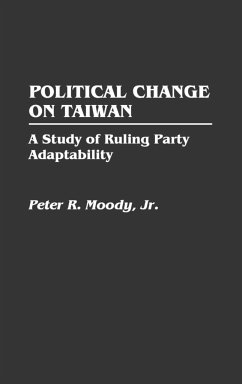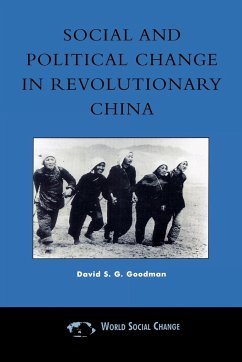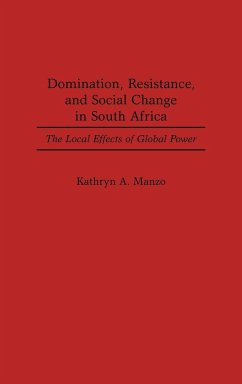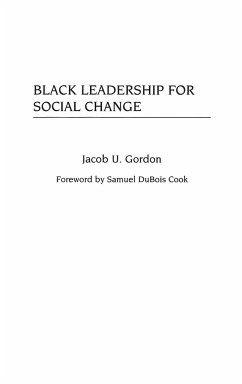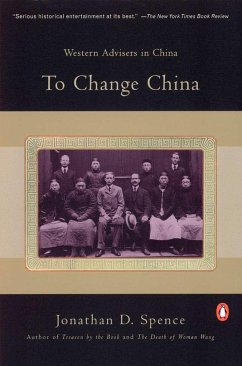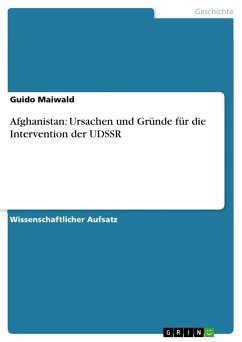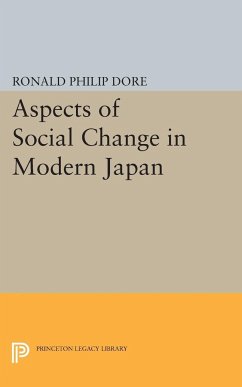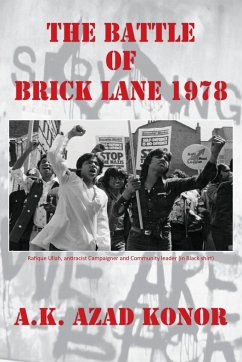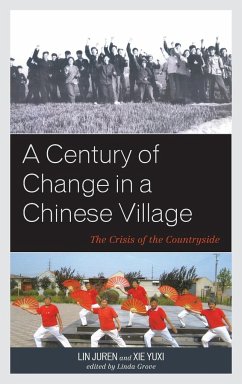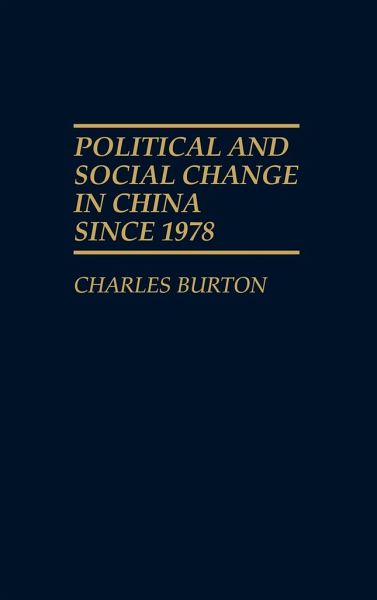
Political and Social Change in China Since 1978
Versandkostenfrei!
Versandfertig in 1-2 Wochen
87,99 €
inkl. MwSt.

PAYBACK Punkte
44 °P sammeln!
The evolution of economic organization, political authority, and social values in post-Mao China is the focus of this distinguished investigation which challenges standard interpretations of contemporary China. Mao's death in 1976 made possible a shift from movement politics that produced a gradual dissolution of pre-existing factions and allowed a redefined political agenda to emerge. This post-Mao agenda, in which the notion of class struggle as the key link was explicitly repudiated, formed the foundation for China's post-1978 modernization program. Burton describes this program as post-soc...
The evolution of economic organization, political authority, and social values in post-Mao China is the focus of this distinguished investigation which challenges standard interpretations of contemporary China. Mao's death in 1976 made possible a shift from movement politics that produced a gradual dissolution of pre-existing factions and allowed a redefined political agenda to emerge. This post-Mao agenda, in which the notion of class struggle as the key link was explicitly repudiated, formed the foundation for China's post-1978 modernization program. Burton describes this program as post-socialist, arguing that socialism as a definitive category has become irrelevant. He contends that demands for the reform of China's system of economic organization were the direct result of the failure of the Party's post-revolutionary political agenda and that subsequent economic improvements led to calls for modernization of the nation's structure of political authority. The author also describes the dramatic transformation of prevalent social values that has occurred during the same period. The original research and extensive use of vernacular sources, as well as Burton's multi-disciplinary and integrative approach make this volume required reading for students and scholars of contemporary politics, the sociology of China, and contemporary Chinese thought. Political and Social Change in China Since 1978 will fill the background information gap for generalists intrigued by recent events in China.





